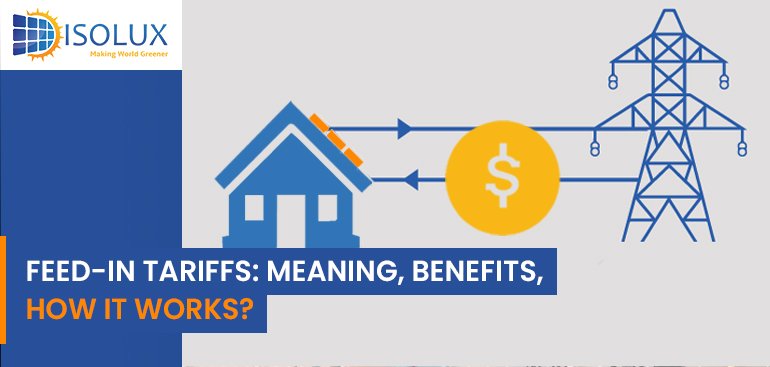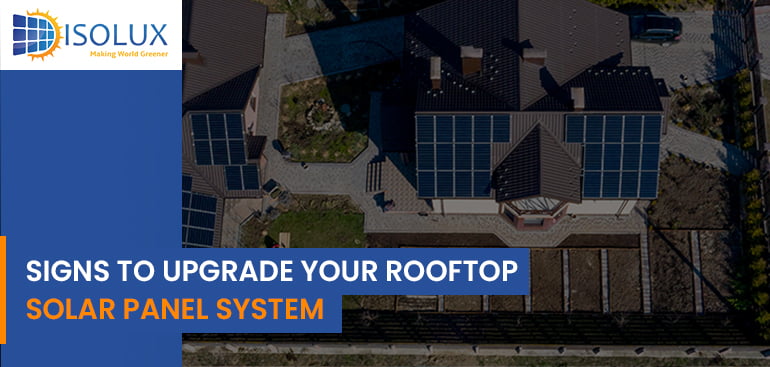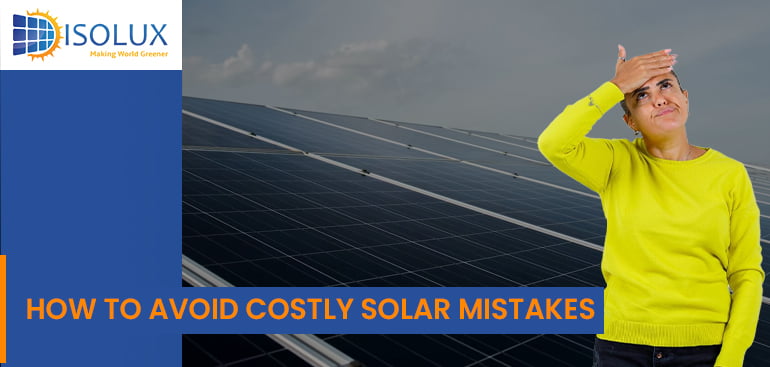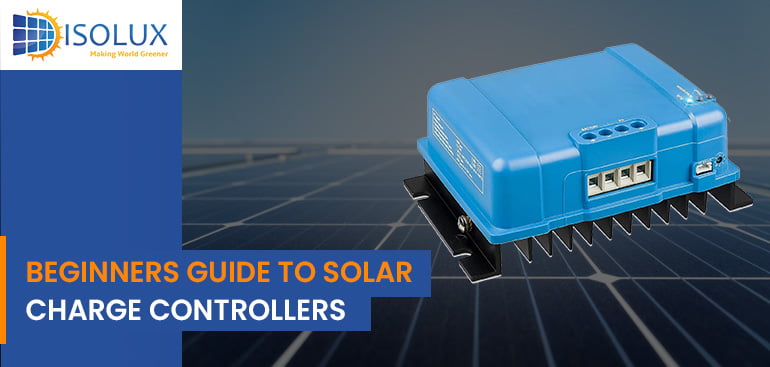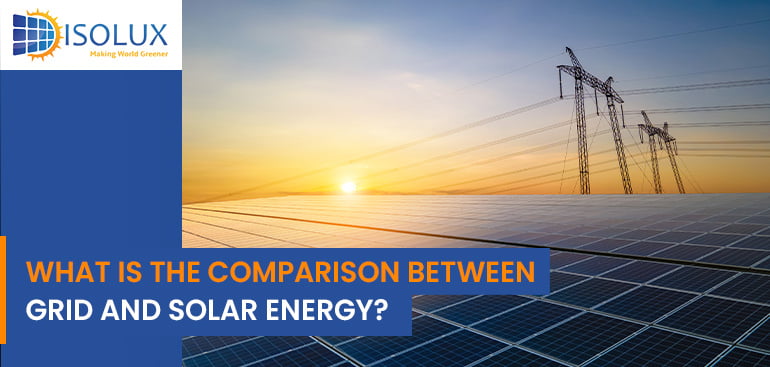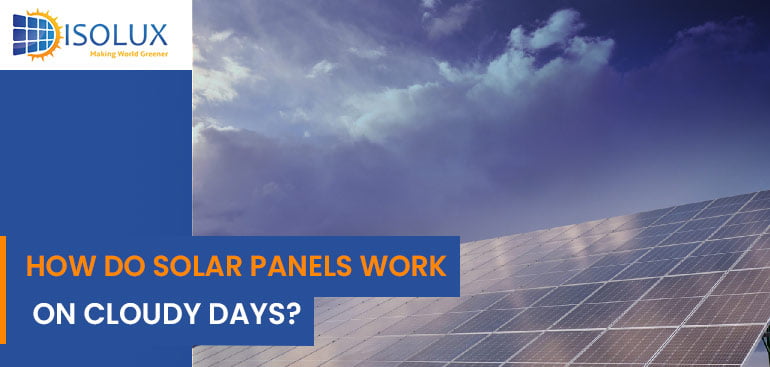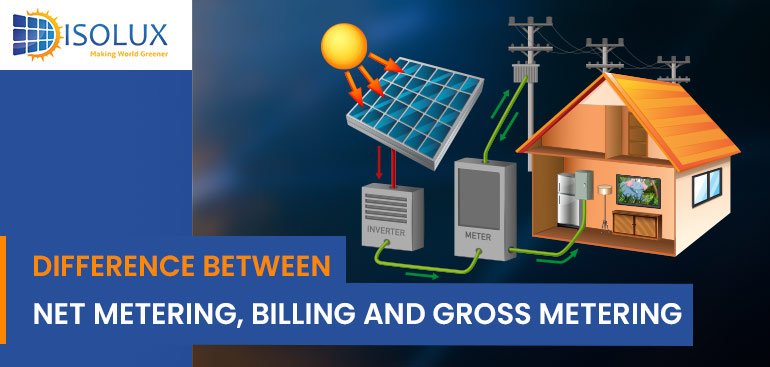If you’re interested in renewable energy, you’ve probably heard the term “feed-in tariff” before. But what exactly are feed-in tariffs, and how do they work? In this comprehensive guide, we’ll take a closer look at feed-in tariffs and provide you with everything you need to know to understand them better.
As the cost of energy continues to rise, more and more homeowners are turning to solar power to reduce their reliance on the grid and save money on their utility bills. But if you already have a rooftop solar panel system installed, how do you know when it’s time to upgrade?
Are you tired of receiving a high electricity bill every month? Many people are shocked when they open their monthly bill and find out they have to pay much more than they anticipated. At Isolux Solar, we understand the frustration and want to help you take control of your energy usage.
One of the most crucial factors to consider while purchasing a home solar panel system is the warranty. When we talk to prospective consumers, we find that there is a frequent misconception about solar panel warranties. Many individuals believe that the 25-year performance warranty that is prominently marketed on many solar systems is all they need to be concerned about. Wrong!
At Isolux Solar, we understand the importance of investing in solar energy to reduce energy costs and decrease our carbon footprint. However, we also know that making mistakes during the solar installation process can end up costing you more in the long run. That’s why we’ve put together this guide to help you avoid costly solar mistakes and make informed decisions.
Are you tired of paying high electricity bills every month? If so, you’re not alone. Rising energy costs have forced many households to look for alternative sources of power. Solar power is a viable solution that can help you cut your power bills by up to 70%. But how do you choose the right solar power system for your home? Here is the complete guide for you which go through the solar panel system installation process and help you make an informed decision.
A solar charge controller is a critical component of any solar power system. It regulates the flow of electricity from the solar panels to the battery, ensuring that the battery is not overcharged or damaged. A high-quality solar charge controllers can help to maximize the efficiency of your solar power system and protect your investment.
Energy consumption is a crucial aspect of our daily lives, and the sources we rely on to power our homes and businesses have a significant impact on the environment. Solar energy and traditional grid power are two of the most common sources of energy. In this article, we will compare these two forms of energy, examining their benefits, drawbacks, and costs.
Solar panel uses direct sunlight to generate power. But many homeowners are often concerned about whether solar panels work in cloudy weather or low sun exposure.
In simple words, Yes, solar panel system works on cloudy days. The efficiency of solar panels reduces during cloudy days and rainy days as compared to sunny days.
During rainy days, the rain helps to clean the solar panels naturally by washing away the dust and keeping them functioning efficiently.
Solar panel installations have become quite popular worldwide due to the benefits offered by solar energy as an alternate source of energy. Nearly one-third of Australian households already have solar panels installed. According to the Clean Energy Council (CEC), more than 3 million installed rooftop solar panel systems in Australia.
Edge-Of-Cloud-Effect
It is a natural phenomenon named Edge-Of-Cloud-Effect. When clouds start to cover the Sun and emerge from behind clouds, that causes a sudden burst of solar energy on a solar panel that produces more power temporarily than on a sunny day. It helps to balance out the loss of energy during full cloud cover. It is a light refraction that concentrates sunlight when a shadow passes by the edge of the cloud.
Performance During Bad Weather
Fog
Your solar panel system works fine in foggy weather, but the efficiency reduces to 50% during foggy weather conditions.
Rain
Your solar panel system generates power at a lower rate. It produces 10-25% of energy to its rated capacity during rainy days.
Do Cloudy Days Affect the Output of Solar Panels?
It depends upon factors like how dense the cloud is, the efficiency of the solar panel, type of solar panel installed on your home solar panel system. Solar panels generate energy during partial sunlight and infrared radiation, meaning they capture the solar spectrum – the blue and the red wavelengths. Sunlight penetrates the cloud even during heavy rains, which helps your solar system to generate power, though it is not a complete blackout atmosphere. It is the same way that you get sunburned on cloudy days too. The output of solar panels on cloudy days is comparatively lesser when compared to sunny days. On average, the energy output of solar panels can drop about 10-25%.
How Do Solar Panels Generate Electricity?
Solar panels can generate electricity only in direct sunlight. This statement is a myth. In reality, solar panels don’t require direct sunlight to generate electricity.
PV panel uses direct or indirect sunlight to generate energy. Solar panels consist of solar cells, which absorb photons and convert them into electricity. This energy or electricity is transferred to the inverter. It gets converted to alternating current (AC) power. Most of our home appliances work on AC power. The excess power generated by the solar panels is either stored in a solar battery or sent back to the electricity grid. The excess solar power generated by solar panels during the day is exported to the utility grid, and you get paid in the form of credit that accumulates in your account.
Are you planning for solar panel installation?
Connect with an expert at Isolux to discuss your requirements.
Isolux Solar is a trusted name for solar panel installation in Sydney. Get a free quote now!
There is a huge demand in Australia for generating electricity at home using solar panels from CEC accredited solar installers. The reason behind this increasing demand popularity is the availability of cost-effective solar panels in Australia along with the rebates offered by the Australian Government. The electricity we use in homes and offices is tracked by an electric meter. Depending on the number of units consumed, the electricity bill is generated.
Are you searching for solar panel installers near me?
If this is the case, you must first understand metering and billing in Australia.
What Happens In Normal Metering?
In the case of normal metering, there is a unidirectional meter installed by the power utility company. In this type of metering, the installed meter measures the amount of electricity consumed by your house.
Net Metering
- Net metering makes solar energy more affordable and economical for Australians.
- When the solar panels generate excess power, it is sent to the grid. This power can be taken back from the grid when the solar panels are generating less power.
- Net metering involves the use of a bi-directional meter, which records the power consumed by you (import) and the excess power that is sent back to the grid (export).
- In net metering, the consumption from the grid is recorded as ‘Import’ and excess electricity pumped is recorded as ‘Export.
- In the case of a grid-tied system, the utility company sends the electricity received from the solar PV system to others.
- In net metering, the energy generated by the solar panels will be first used to power your home.
- You will be paid a rebate for supplying excess power to the grid.
- With net metering, you will be compensated at a retail rate, which is the same rate at which you purchase electricity from the grid.
Net Billing
- Net billing is different from net metering.
- In net billing, the excess electricity sent to the grid is sold at a lower cost than what you will buy from the utility as a customer.
- In net billing, you will not get a credit on the utility bill, but you will get the dollar value (wholesale electricity rate).
- For example, if the retail rate is $0.10, the wholesale supply rate would be $0.5.
Gross Metering
- In gross metering, you cannot use the electricity generated by the solar PV system installed by the CEC-accredited solar installers.
- The power generated by the solar panels is sent directly to the grid first, where it is distributed to various customers.
- In gross metering, the utility pays a fixed feed-in tariff to the customer, which is lower than the retail tariff.
- With gross metering, you will continue to receive monthly electricity bills based on your usage.
- You will get paid for the electricity supplied to the grid separately.
Between net metering and net billing, net metering should be the preferred choice for Australians who want to generate solar power from the solar panels installed by CEC accredited solar installers. On the other hand, gross metering is a good option for Australian homeowners who have ample space but don’t want to use the generated solar power to power their homes.
Read Next Blog: How Do Half-Cut Solar Cells Help in Increasing Solar Productivity?

